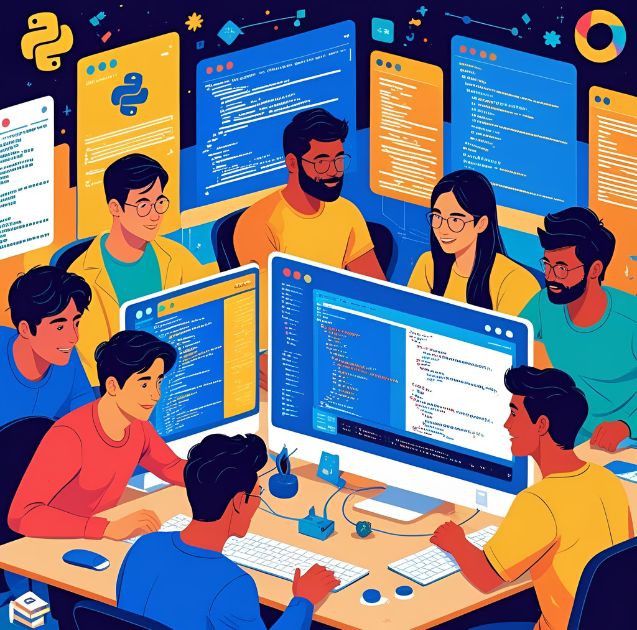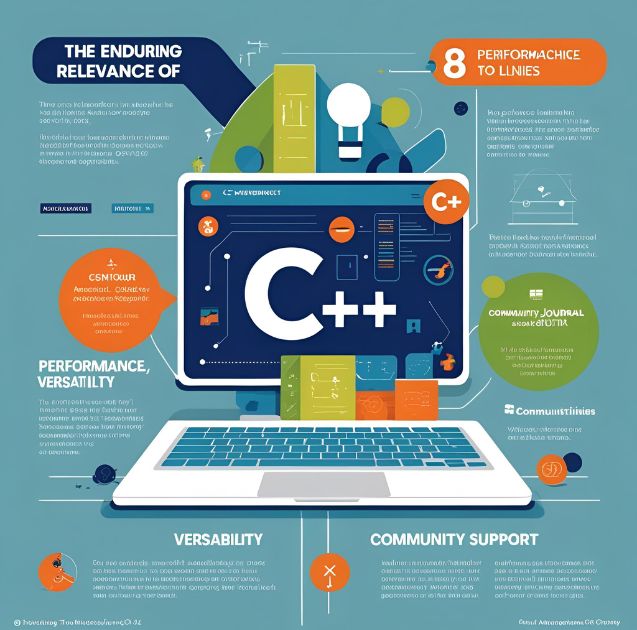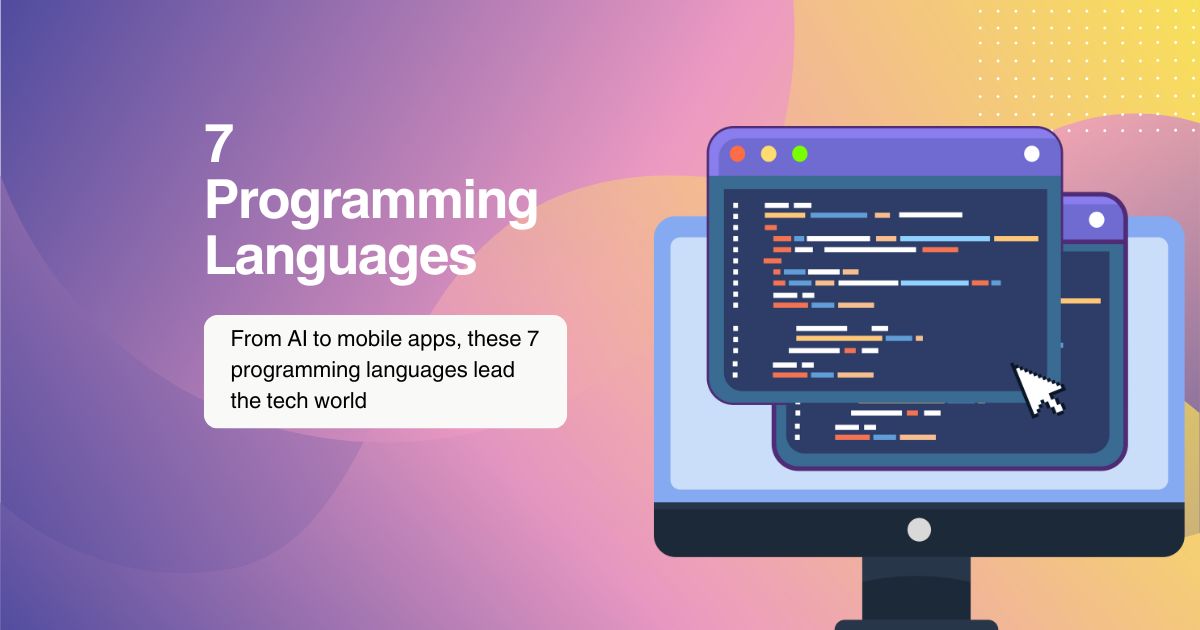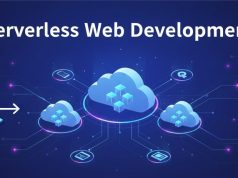Learning to code opens doors to countless career opportunities. But with hundreds of programming languages available, choosing where to start can feel overwhelming. Some languages dominate web development, while others excel in data science or mobile apps.
This guide explores seven programming languages that offer the best combination of job prospects, learning resources, and versatility. Whether you’re a complete beginner or looking to expand your skill set, these languages provide solid foundations for building a successful programming career.
Why Learning Multiple Programming Languages Matters

Programming languages are tools. Just as a carpenter uses different tools for different tasks, developers use different languages for different projects. A web developer might use JavaScript for interactive features, Python for data processing, and SQL for database management.
Learning multiple languages also makes you more adaptable. Technology evolves rapidly, and companies often use diverse tech stacks. Developers who can work across multiple languages have more job opportunities and command higher salaries.
Each language also teaches different programming concepts. Learning C++ introduces you to memory management, while Python emphasizes readability and simplicity. These varied approaches make you a more well-rounded programmer.
JavaScript: The Language of the Web
JavaScript powers nearly every website you visit. Originally designed for simple web interactions, it has evolved into a versatile language that runs everywhere—from browsers to servers to mobile apps.
What Makes JavaScript Essential
JavaScript is the only programming language that runs natively in web browsers. This means every web developer needs at least basic JavaScript knowledge. The language handles everything from form validation to complex single-page applications.
Modern JavaScript frameworks like React, Vue, and Angular have revolutionized web development. These tools allow developers to build sophisticated user interfaces with reusable components and efficient data management.
Career Opportunities
JavaScript developers are in high demand. Front-end developers use JavaScript to create user interfaces, while full-stack developers use it for both client and server-side code. The language’s versatility means you can specialize in web development, mobile app development, or even desktop applications.
Popular job titles include Front-End Developer, Full-Stack Developer, and React Developer. Salaries vary by location and experience, but JavaScript developers consistently rank among the highest-paid programmers.
Learning Resources
JavaScript has excellent learning resources for beginners. The Mozilla Developer Network (MDN) provides comprehensive documentation, while platforms like freeCodeCamp offer interactive tutorials. Practice projects like building a calculator or a to-do list help reinforce concepts.
Python: The Beginner-Friendly Powerhouse
Python’s simple, readable syntax makes it ideal for beginners. But don’t let its simplicity fool you—Python powers everything from Instagram to NASA’s mission control systems.
Why Python Stands Out
Python emphasizes code readability with its clean, English-like syntax. This makes it easier to learn than languages with complex punctuation and formatting rules. Python also has a “batteries included” philosophy, providing extensive standard libraries for common tasks.
The language excels in data science, artificial intelligence, and automation. Libraries like NumPy and Pandas make data analysis straightforward, while frameworks like Django and Flask simplify web development.
Growing Demand
Python’s popularity continues to surge, especially in data science and machine learning. Companies across industries use Python for data analysis, automation, and AI development. The language consistently ranks in the top three most popular programming languages.
Career paths include Data Scientist, Machine Learning Engineer, Python Developer, and DevOps Engineer. Python’s versatility means you can work in finance, healthcare, technology, or virtually any industry.
Getting Started
Python’s beginner-friendly nature makes it an excellent first language. The official Python tutorial provides a solid foundation, while books like “Automate the Boring Stuff with Python” show practical applications. Online platforms like Codecademy and Coursera offer structured learning paths.
Java: The Enterprise Standard
Java has powered enterprise applications for over 25 years. Its “write once, run anywhere” philosophy and robust ecosystem make it a cornerstone of business software development.
Java’s Strengths
Java’s platform independence means code runs on any device with a Java Virtual Machine. This portability makes it ideal for large-scale applications that need to work across different systems.
The language’s strong typing system catches errors at compile time, reducing bugs in production. Object-oriented programming principles promote code reusability and maintainability, crucial for large enterprise projects.
Enterprise Dominance
Major corporations rely on Java for mission-critical applications. Banks use Java for transaction processing, while e-commerce giants use it for inventory management and customer service platforms.
Android development also uses Java (alongside Kotlin), making it relevant for mobile app development. With billions of Android devices worldwide, Java skills remain valuable in the mobile space.
Learning Path
Java has a steeper learning curve than Python, but extensive resources are available. Oracle’s official Java tutorials provide comprehensive coverage, while universities often use Java in computer science courses. The language’s strict syntax teaches good programming habits that transfer to other languages.
C++: The Performance Champion
C++ offers unprecedented control over system resources. When performance matters most—in game engines, operating systems, or embedded systems—C++ delivers the speed and efficiency other languages can’t match.
Why C++ Matters

C++ gives programmers direct memory management and hardware access. This control allows for highly optimized code that runs faster than interpreted languages. Game developers use C++ for graphics-intensive applications, while system programmers use it for operating systems and device drivers.
The language also provides excellent learning value. Understanding C++ concepts like pointers, memory allocation, and object-oriented programming creates a strong foundation for learning other languages.
Career Applications
C++ developers often work on performance-critical applications. Video game companies hire C++ programmers for engine development, while tech companies use C++ for system software and high-frequency trading platforms.
Embedded systems development also relies heavily on C++. As Internet of Things (IoT) devices proliferate, demand for embedded programmers continues to grow.
Learning Considerations
C++ is challenging for beginners due to its complexity and manual memory management. However, this difficulty teaches valuable programming fundamentals. Starting with C++ can make learning other languages feel easier by comparison.
Go: The Cloud Computing Language
Google developed Go to address challenges in modern software development. Its simplicity, performance, and excellent concurrency support make it ideal for cloud services and distributed systems.
Go’s Modern Approach
Go combines the performance of compiled languages with the simplicity of interpreted languages. Its straightforward syntax avoids the complexity of languages like C++, while its compilation speed supports rapid development cycles.
Concurrency is built into Go’s design. Goroutines allow programs to handle thousands of simultaneous tasks efficiently, perfect for web servers and microservices that need to handle many requests.
Rising Popularity
Major tech companies have adopted Go for infrastructure projects. Docker, Kubernetes, and numerous cloud services are built with Go. The language’s growing ecosystem includes frameworks for web development, database access, and API creation.
Startups and established companies alike choose Go for new projects due to its developer productivity and runtime performance. The language strikes an attractive balance between ease of use and system efficiency.
Learning Go
Go’s simple syntax makes it relatively easy to learn, especially for developers familiar with other languages. The official Go tour provides an interactive introduction, while the Go documentation is notably clear and comprehensive.
Swift: Apple’s Modern Language
Apple created Swift to replace Objective-C for iOS and macOS development. Its modern design and safety features make it both powerful and approachable for mobile app development.
Swift’s Advantages
Swift eliminates common programming errors through its type safety and memory management. The language prevents null pointer exceptions and buffer overflows, frequent sources of crashes in other languages.
Performance is another key strength. Swift code runs nearly as fast as C++, making it suitable for graphics-intensive applications and games. The language also offers excellent interoperability with existing Objective-C code.
Mobile Development Opportunities
The iOS app market represents an enormous opportunity. With millions of iPhone and iPad users worldwide, skilled iOS developers can build successful careers creating mobile applications.
Swift isn’t limited to mobile development. Apple promotes Swift for server-side development, and the language runs on Linux systems. This versatility expands career options beyond mobile apps.
Getting Started with Swift
Apple provides excellent learning resources through its Swift Playgrounds app and comprehensive documentation. The language’s approachable syntax makes it suitable for beginners, while its power satisfies experienced developers.
SQL: The Data Language
SQL (Structured Query Language) isn’t a general-purpose programming language, but it’s essential for working with databases. Every application that stores data uses SQL in some form.
Why SQL is Indispensable
Databases store the information that powers modern applications. Customer records, product catalogs, financial transactions—all of this data lives in databases that use SQL for access and manipulation.
SQL skills are transferable across different database systems. While MySQL, PostgreSQL, and SQL Server have minor differences, the core SQL concepts remain consistent.
Universal Demand
Nearly every programming job requires some database interaction. Web developers use SQL to store user data, data scientists use it to extract information for analysis, and system administrators use it to manage application databases.
The rise of data-driven decision-making has increased SQL’s importance. Companies want employees who can extract insights from data, making SQL skills valuable across many roles.
Learning SQL
SQL’s declarative nature makes it different from procedural programming languages. Instead of telling the computer how to do something, you describe what you want. This approach can be easier for beginners to understand.
Online tutorials, interactive platforms like SQLBolt, and practice with real databases provide excellent learning opportunities. Many courses combine SQL with specific database systems for practical experience.
Choosing Your Learning Path
The best programming language depends on your goals and interests. Web development? Start with JavaScript. Data science? Choose Python. Mobile apps? Consider Swift for iOS or Java for Android.
Consider your timeline and learning style. Some people prefer starting with beginner-friendly languages like Python, while others benefit from learning fundamental concepts through more challenging languages like C++.
Don’t feel pressured to learn everything at once. Master one language thoroughly before moving to the next. Deep knowledge of one language is more valuable than superficial knowledge of many.
Building Your Programming Future
Programming languages are tools for solving problems and building solutions. The seven languages covered here offer diverse career paths and learning opportunities. JavaScript opens doors to web development, Python provides entry into data science, and Java offers stability in enterprise development.
Start with one language that aligns with your interests and career goals. Build projects, contribute to open source, and connect with other developers. The programming community is welcoming and supportive of newcomers.
Technology will continue evolving, and new languages will emerge. However, the problem-solving skills and logical thinking you develop when learning any programming language will serve you throughout your career. Choose a language, start learning, and begin building your future in technology.







